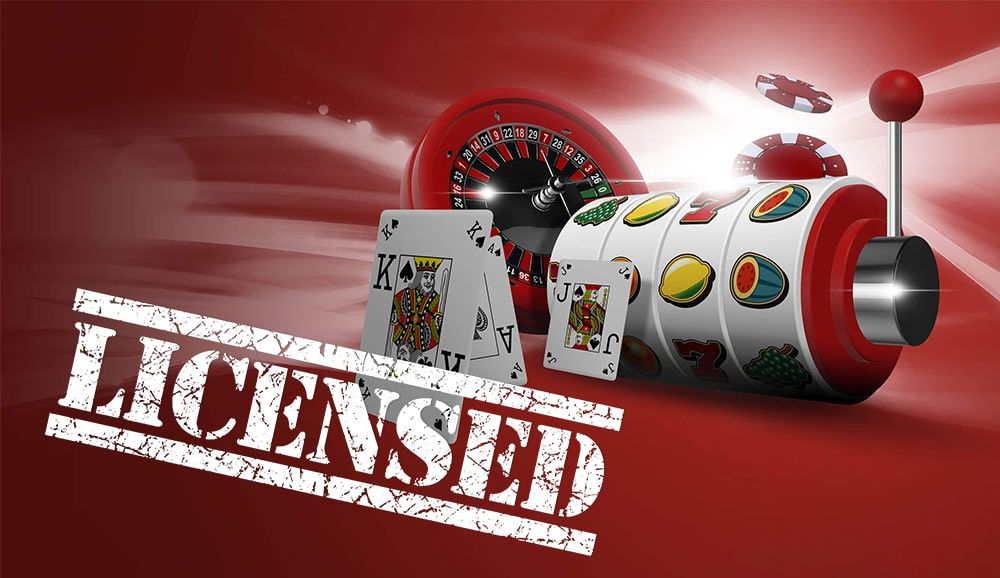Gambling is a huge industry that attracts millions of people around the world. Casinos, lotteries, poker platforms and sports betting are all related to the field of gambling. However, despite its popularity, this business requires strict regulation. And here the gambling license comes to the fore.
Why do I need a license?
The Gambling license is a document that confirms that the company has the right to organize gambling. Without it, any activity in this area is considered illegal in most countries of the world. But why would a company waste time and money to get a license:
· The license helps to establish trust between the operator and the players. When a person sees that a casino or platform is licensed, he understands that his money and personal data are safe. The license holder is required to follow strict rules to prevent fraud and protect the interests of his clients.
· The license is required to comply with the legislation of the country where the operator operates. Many licensing jurisdictions require compliance with certain standards, from the integrity of gaming to the protection of minors. This allows us to create a safe environment for all market participants.
How do licenses work?
The process of obtaining a license may vary depending on the jurisdiction, but in general it includes several stages. The company submits an application to a special regulatory body, provides all the necessary documents and undergoes verification. Regulators are evaluating:
- Financial stability of the company.
- The honesty of the games offered by the platform.
- Protection of player data.
- Compliance with anti-money laundering standards.
If everything is in order, the company gets a license and starts working legally. However, the process does not end there – the license requires constant compliance with all the rules. Regulators regularly check the activities of companies to make sure that they do not violate laws.
Advantages for operators and players
A gambling license is beneficial not only for the players, but also for the operators themselves. The main advantages:
- Trust from the players. The license says that the operator works honestly and transparently.
- The opportunity to work in different countries. Some licenses are recognized in many jurisdictions, which makes it easier to expand your business.
- Access to banking and payment systems. Banks and payment operators are more willing to cooperate with licensed companies.
- Legal protection. The license helps operators to protect their interests in case of disputes or conflicts.
For players, a license is a guarantee that their rights will be protected. If you have problems withdrawing money or playing, you can always contact the regulatory authority that issued the license. This motivates operators to do business honestly and follow the rules.
Popular jurisdictions for licensing
There are so–called “licensing jurisdictions” in the gambling market – these are the countries and territories where licenses are issued to operators. Among them there are both strict regulators and more loyal ones. Popular jurisdictions:
- Malta. The license issued by the Maltese Gambling Authority (MGA) is considered one of the most respected. It requires operators to meet high standards.
- Curacao. The license of this island is popular due to the relatively low requirements and cost.
- Gibraltar. Another respected jurisdiction known for its strict rules.
- Great Britain. A license from the UK Gambling Commission is required to work with British players.
A gambling license is not just a formality, but an important element of the industry. It provides security for players, trust in the platforms and regulates the activities of operators. Companies that legally operate in the gambling industry receive many benefits, including the opportunity to attract more customers and build a long-term business.

